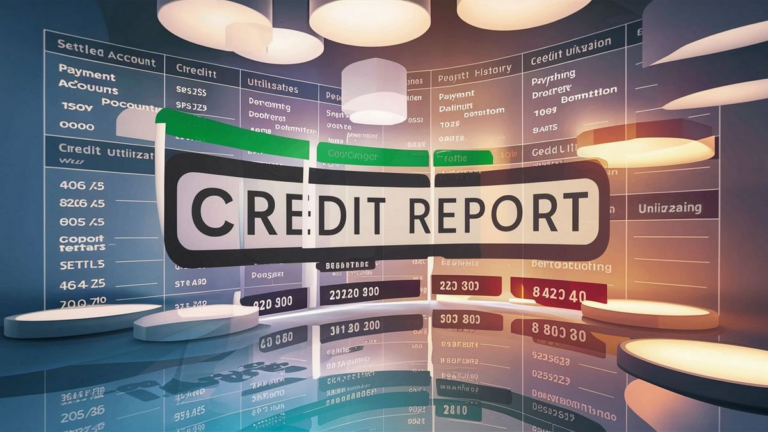When reviewing your credit report, you may come across various terms and not fully understand their implications. One such term is “settled.” In the context of a credit report, “settled” refers to a status often associated with accounts that have been paid off, but not necessarily in full. Let’s delve deeper into what this means and how it can affect your credit standing.
What Does “Settled” Mean?
When an account on your credit report is marked as “settled,” it typically indicates that you’ve reached an agreement with the creditor to resolve the debt. This agreement may involve paying a portion of the outstanding balance, often negotiated through debt settlement, rather than repaying the full amount owed. While the creditor agrees to accept this lesser amount as payment in full, the remainder of the debt may be forgiven.
Implications of a “Settled” Status
Having accounts marked as “settled” on your credit report can impact your credit score and overall creditworthiness. While it’s certainly better than having unpaid debts, it still signals to potential lenders that you’ve had difficulties managing your debts in the past. As a result, it may make it harder for you to obtain new credit or loans in the future, and any credit extended to you may come with less favorable terms.
How “Settled” Differs from “Paid in Full”
It’s important to note the distinction between “settled” and “paid in full” on your credit report. When an account is marked as “paid in full,” it means you’ve satisfied the debt by paying the entire amount owed. This reflects positively on your credit history, as it indicates responsible debt management. Conversely, “settled” suggests that the debt was not fully repaid, which may raise concerns for potential creditors.
Can You Remove “Settled” Status from Your Credit Report?
While accurate information cannot be removed from your credit report, you can take steps to mitigate the impact of a “settled” status. One approach is to negotiate with the creditor to have the status updated to “paid in full” in exchange for paying the remaining balance. Additionally, consistently making on-time payments on other accounts and maintaining low credit card balances can help improve your overall credit profile over time.
Final Thoughts
Understanding the implications of a “settled” status on your credit report is crucial for managing your financial health. While it may indicate past challenges, it’s not necessarily a permanent setback. By taking proactive steps to improve your creditworthiness, such as negotiating with creditors and practicing responsible financial habits, you can work towards a brighter financial future.
Dealing with Creditors
When facing accounts marked as “settled” on your credit report, it’s essential to communicate effectively with creditors. Initiating discussions regarding repayment options or negotiating settlements can potentially alter the status of your account and positively impact your credit report.
Rebuilding Credit
After resolving accounts marked as “settled,” it’s crucial to focus on rebuilding your credit. This involves establishing positive credit habits, such as making timely payments, keeping credit card balances low, and diversifying your credit portfolio. These actions can gradually improve your credit score and demonstrate your creditworthiness to future lenders.
| Actions to Rebuild Credit | Benefits |
|---|---|
| Consistent On-Time Payments | Improves payment history, a significant factor in credit scoring models. |
| Low Credit Card Balances | Reduces credit utilization ratio, positively impacting credit scores. |
| Responsible Credit Management | Demonstrates financial discipline and reliability to potential creditors. |
Frequently Asked Questions
- Can a “settled” status be changed?
- How long does a “settled” status affect credit?
- Does “settled” affect loan approvals?
While accurate information cannot be removed, you can negotiate with creditors to update the status to “paid in full.”
The impact may lessen over time as you demonstrate responsible credit behavior, but it can remain on your report for several years.
It may make obtaining new credit more challenging and result in less favorable terms, but it’s not necessarily a disqualifying factor.
See also:






